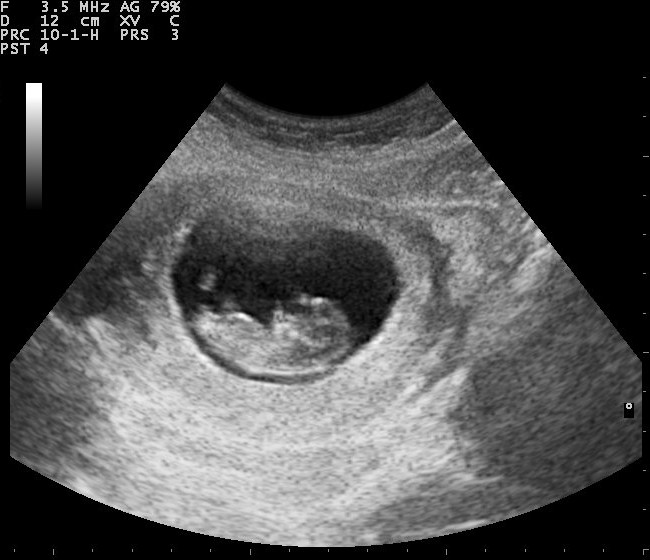The Ethical Case for Having a Baby With Down Syndrome
By Chris Kaposy,
New York Times
| 04. 16. 2018
My wife’s ultrasound turned up something abnormal in the baby’s heart — an otherwise innocuous feature that correlates with genetic conditions such as Down syndrome. A series of tests confirmed that our son indeed had Down syndrome. We were given the option of abortion, but my wife, Jan, already regarded him as our baby, and a few months later Aaron was born.
The first days after the diagnosis were hard. We thought about our son’s future, and our future. We went through a period of grieving. But we soon came to accept that Aaron would have Down syndrome, and to accept him as a member of our family. By the time Aaron was born, it was a joyous occasion. Today, almost nine years later, Aaron is an affectionate boy with blond hair and a crooked smile. He is passionate about hockey (we’re Canadian after all) and about animals. If he could grow up to be anything, he would probably be a veterinarian.
Many parents make a different choice. In the United States, an estimated 67 percent of fetuses with prenatally...
Related Articles
By Alex Polyakov, The Conversation | 02.09.2026
Prospective parents are being marketed genetic tests that claim to predict which IVF embryo will grow into the tallest, smartest or healthiest child.
But these tests cannot deliver what they promise. The benefits are likely minimal, while the risks to...
By Steve Rose, The Guardian | 01.28.2026
Ed Zitron, EZPR.com; Experience Summit stage;
Web Summit 2024 via Wikipedia Commons licensed under CC by 2.0
If some time in an entirely possible future they come to make a movie about “how the AI bubble burst”, Ed Zitron will...
By Arthur Lazarus, MedPage Today | 01.23.2026
A growing body of contemporary research and reporting exposes how old ideas can find new life when repurposed within modern systems of medicine, technology, and public policy. Over the last decade, several trends have converged:
- The rise of polygenic scoring...
By Daphne O. Martschenko and Julia E. H. Brown, Hastings Bioethics Forum | 01.14.2026
There is growing concern that falling fertility rates will lead to economic and demographic catastrophe. The social and political movement known as pronatalism looks to combat depopulation by encouraging people to have as many children as possible. But not just...




